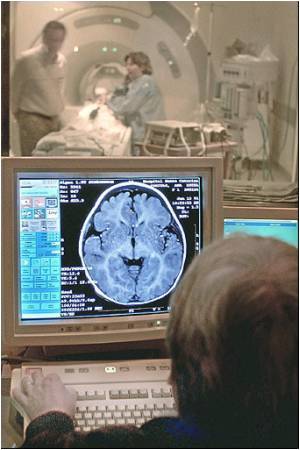
The discovery was made in the University of Leicester laboratory of Professor Andrew Tobin, Professor of Cell Biology, who is a Wellcome Trust Senior Research Fellow.
Prof Tobin said: "The work, which was done wholly at the University of Leicester, is focused on the mechanisms by which we form memories. We found one of the key proteins involved in the process of memory and learning.
"This protein is present in the part of the brain in which memories are stored. We have found that in order for any memory to be laid down this protein, called the M3-muscarinic receptor, has to be activated.
"We have also determined that this protein undergoes a very specific change during the formation of a memory - and that this change is an essential part of memory formation. In this regard our study reveals at least one of the molecular mechanisms that are operating in the brain when we form a memory and as such this represents a major break through in our understanding of how we lay down memories.
"This finding is not only interesting in its own right but has important clinical implications. One of the major symptoms of Alzheimer's disease is memory loss. Our study identifies one of the key processes involved in memory and learning and we state in the paper that drugs designed to target the protein identified in our study would be of benefit in treating Alzheimer's disease."
Advertisement
The work, done in collaboration with other scientists, appears in the Proceedings of the National Academy of Sciences (PNAS).
Advertisement









